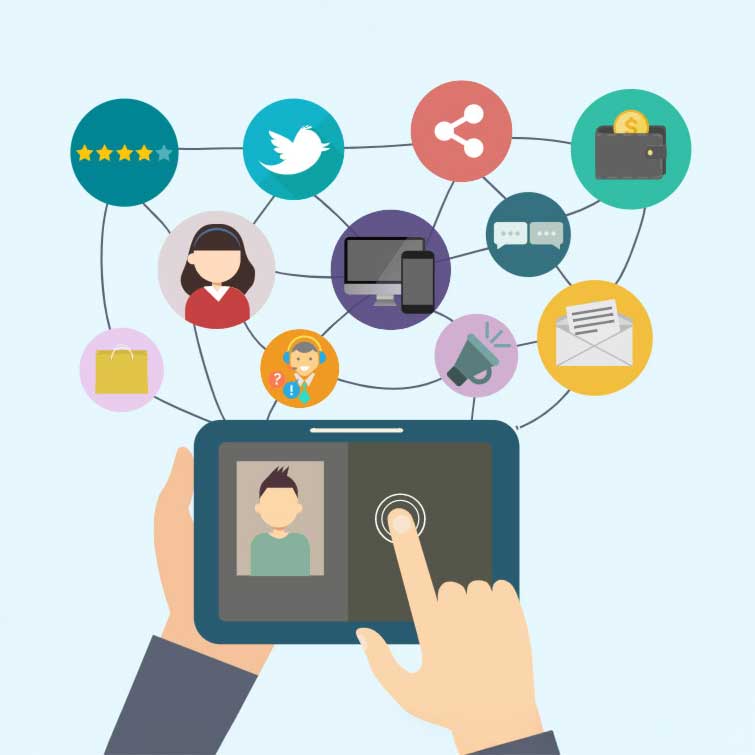Digital Health: The Intersection of Biology and Technology in Transforming Healthcare
This article is based on my limited understanding of the panel organized at DLD, Tel Aviv, Israel, 2023.
The healthcare industry is witnessing a significant transformation with the fusion of biology and technology. Digital health platforms leverage the latest advancements in technology, including artificial intelligence, computer vision, and remote sensing, to revolutionize the delivery of healthcare services. The resulting digital health field is dedicated to using technology to collect, analyze and interpret health data, with the goal of improving healthcare services.
During a conversation between health experts, they discussed the broad scope of digital health. According to them, digital health encompasses everything that can be digitized or analyzed using artificial intelligence, computer vision, or remote sensing. One expert was inspired to create a digital health platform after observing the lack of trustworthy information sources and limited access to digital health services in the Arab world. He developed a platform ahead of the industry standard in terms of quality and comprehensiveness.
The growth of digital health has been remarkable. Technology has revolutionized healthcare services, from remote sensing to telemedicine. Digital health platforms enable healthcare professionals to collect and analyze data in real time, enabling informed decisions about patient care. This can reduce the burden on healthcare systems and improve patient outcomes.
Remote patient monitoring is a major area of digital health that has the potential to transform patient care. It involves using connected devices to collect and transmit vital data from patients to healthcare professionals, enabling early detection and treatment of health conditions. Precision medicine is another area where digital health is making a significant impact. This approach tailors treatments to an individual’s unique genetic makeup using genomics and other omics data.
Despite the benefits, there are challenges to the widespread adoption of digital health platforms. Robust data privacy and security measures are necessary to protect sensitive patient information. Additionally, healthcare professionals require training to use these new technologies effectively.
In conclusion, the fusion of biology and technology has created opportunities for the healthcare industry to improve healthcare services through digital health platforms. With continued technological advancements, digital health has the potential to improve patient outcomes and reduce the burden on healthcare systems. However, the successful implementation of digital health platforms requires effective development, implementation, and training to ensure data privacy and security and to enable healthcare professionals to provide quality care.
10 key takeaways from the conversation between the experts in digital health:
- Digital health is the use of technology to collect, analyze, and interpret health data.
- Digital health platforms are designed to improve the delivery of healthcare services by leveraging the latest advancements in technology.
- Remote patient monitoring is a major area of digital health that has the potential to transform patient care.
- Precision medicine is another area where digital health is making a significant impact.
- Robust data privacy and security measures are necessary to protect sensitive patient information.
- Healthcare professionals require training to use these new technologies effectively.
- The lack of trustworthy sources of information and limited access to digital health services in some regions create a need for more comprehensive and high-quality platforms.
- The growth of digital health has been remarkable, and it has the potential to improve patient outcomes and reduce the burden on healthcare systems.
- Continued technological advancements are crucial for digital health to reach its full potential.
- Effective development, implementation, and training are essential to ensure that digital health platforms are secure and effective and that healthcare professionals can provide quality care.




